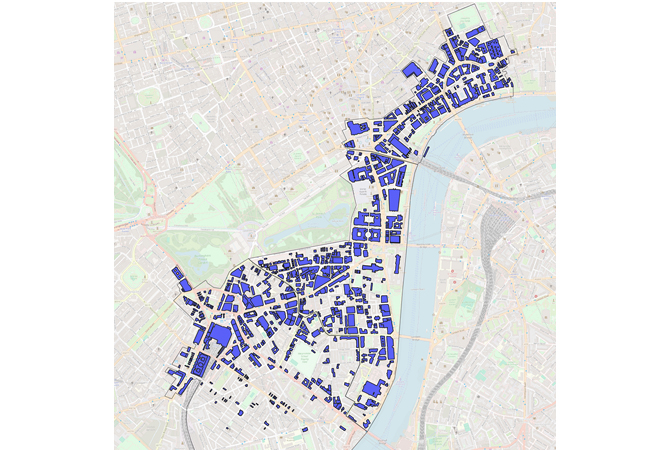A bid by ministers to crack down on local authorities seeking to set energy efficiency standards for buildings that go beyond national regulations has been branded ‘unnecessarily draconian’.
Councils, eco-developers and built environment professionals have signed a joint letter to Secretary of State Michael Gove, expressing concern about a written ministerial statement (WMS) issued by junior levelling up minister Baroness Penn on 13 December.
The WMS states that planning policies proposing local energy efficiency standards for buildings that go beyond ‘current or planned’ Building Regulations, should be rejected at public examination if they do not have a ‘well-reasoned and robustly costed’ rationale that ensures development remains viable.
However, the Town and Country Planning Association has said in a letter that the approach is ‘unnecessarily draconian’. It warns that the WMS will have a ‘severe impact’ on the ‘many’ local authorities that have invested ‘significant sums’ to develop much more effective energy performance standards in local policy.
This ‘innovative work’ is ‘threatened’ by the government’s decision to restrict the ability of local authorities to set energy performance standards other than through the ‘limited approach’ of a target emission rate (TER), measured through the Standard Assessment Procedure.
The TER measures regulated energy use (heating, hot water, ventilation, cooling, lighting, and auxiliary uses), but not unregulated energy use (plug loads and appliances). The energy use intensity unit, which is the basis of the upcoming Net Zero Carbon Buildings Standard, includes unregulated and regulated loads.
Energy-based metrics have already been adopted in local plans of local authorities, including Cornwall, Bath and North East Somerset, and Central Lincolnshire.
The signatories urge Gove to make it clear that local planning authorities can adopt standards in local plans that use ‘absolute’ energy metrics as long as such policy is ‘robustly evidenced and viable’.
They also say government must not prescribe approaches that undermine their own carbon-reduction targets and prevent innovation in policy and technology that the nation urgently needs to tackle the climate crisis.




